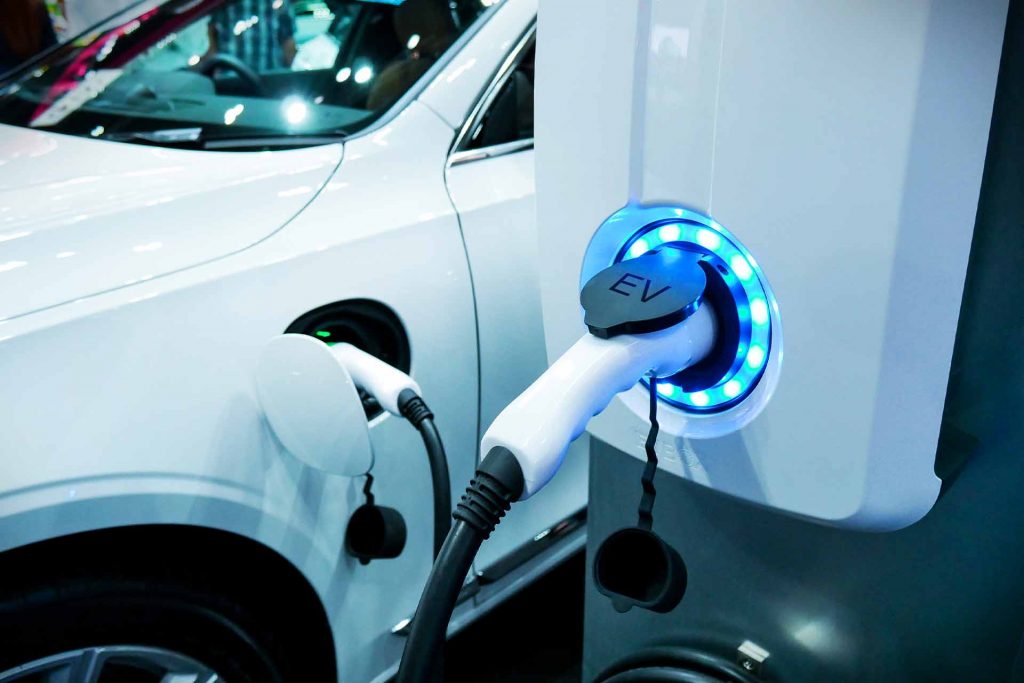Greece is struggling to meet several key interim sustainability targets, which the EU has set along its path to transition the bloc to greener ways by 2025. To be fair, however, Greece’s underperformance is the norm rather than the exception, at least according to an article at Politico.
Politico takes a look at EU regulations and targets related to textiles, recycling, plastics, nature and cars and reveals that the EU’s middterm report card is full of failing grades.
By this year, EU countries should be recycling or preparing to reuse at least 55% of municipal waste, but the average rate of municipal waste recycling in the EU 27 is 48.7%, led by Germany (69.2%), Austria (62.6%), Slovenia (62.6%), and the Netherlands (57.5%), which are the only countries to have made the mark. Meanwhile, Greece is at the bottom of the deck at 17.5% (according to 2021 figures from Eurostat), ahead of Cyprus (14.8%), Malta (12.5%), and Romania (12.3%).

Greece’s underperformance extends to EU package recycling rates and e-waste collection rates as well (e-waste relates to electronic waste). In the EU and according to Eurostat figures from 2022, all but three EU countries are in the red on this target as well.
Countries are also supposed to be collecting over 77% single-use plastics beverage bottles and while some best practices in the bloc show promise, overall recycling rates reveal underperformance here as well. Meanwhile data on the EU’s efforts to protect nature in order to maintain carbon sink levels are falling short, as the EU’s carbon sinks continue to shrink in size.
On the upside, however, it appears that EU carmakers are on track to meet EU targets about reducing emissions, notes Politico. This is primarily driven by carmakers boosting sales on electric and hybrid vehicles. Carmakers were given quite an ‘incentive’ to make the goal, which came in the form of a threat- a hefty fine of 95 euros for each gram of CO2 per kilometer above the threshold.



